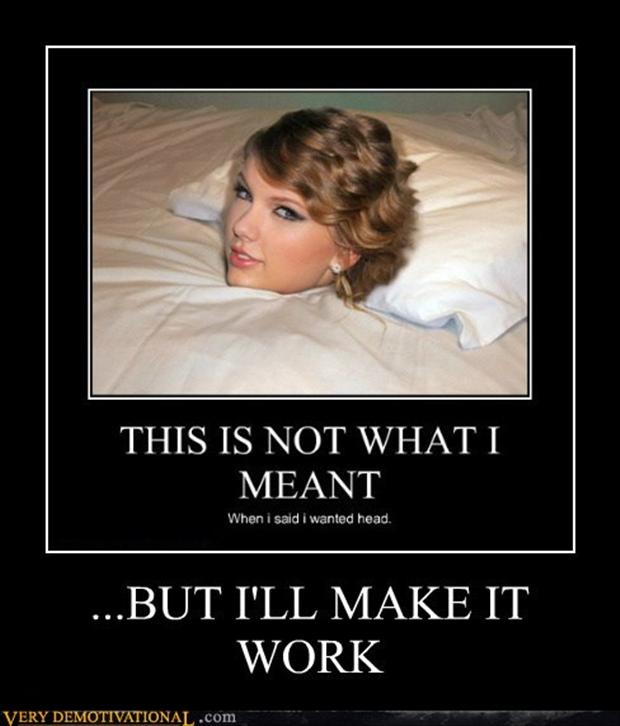I find it funny that I am about to tell you why humor is such a great tool in the art of persuasion. It just seems so obvious. After all, humor speaks in universal truths about human existence, and invites people to laugh at themselves and even laugh with others at themselves. Or laugh at others in blissful ignorance that the joke is really about themselves.
Everyone loves quotes. And all speakers use them. What is so funny about quotes? How about quoting myself? Because, as I say quite often, "United we stand, but divided, we can not stand each other!" And I could not agree more. Humor breaks down the barriers that keep us divided and polarized. Humor builds bridges to bring us together. Humor attracts interest, puts people on common footing, and creates an atmosphere of goodwill that is conducive to meaningful communication. Humor discharges resistance, overcomes stubbornness, and creates opportunity for dialog. Humor has such a positive impact on people that more and more businesses (not the dead-serious ones though!) use it to train and retain employees. Humor is a powerful tool for the person serious about creating positive change. Why? Well, in case I haven't made the point, not because I say so. It's a fact. Humor is persuasive.
But let's be honest. Not all humor is equally funny. In fact, bad humor is also one of the fastest ways to put people in a bad mood, undermine relationships, create hard feelings, offend sensibilities, poison an atmosphere and destroy what could have been a great event, project, team, business, or community.
And I'd say that it is safe to say that not all funny is funny to all. In-jokes are usually only funny to the people in on the joke, the people who shared the experience with you. They tend to leave everyone else drawing a blank. But sometimes, you tell an in-joke, the people who are in start laughing, and the people who aren't in on the joke start laughing too! All the while, they are wondering, and maybe even saying, "What's so funny?" because they want to know why they are laughing.
Still, you just can't please all the people all the time. If it is tasteless, spare us. Unless you know us and know that our taste runs all the way to tasteless. And really, the only way to know what is and isn't funny is to know as much as you can about who you are talking to and find out what you can about what they find funny.










